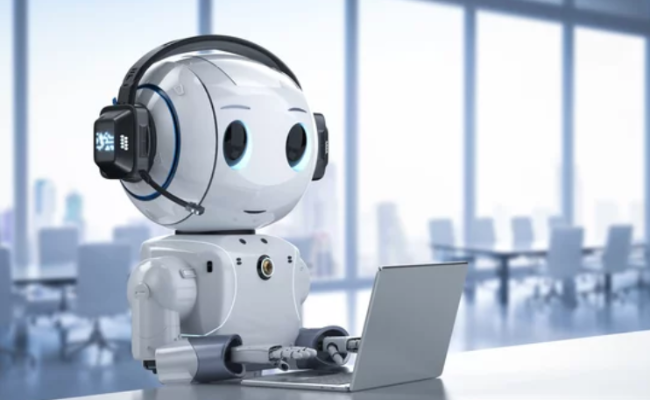Grieving Widow Blames AI Chatbot for Husband’s Suicide
According to a new report, a chatbot is being blamed for facilitating the death of a Belgian man. He committed suicide after conversations concerning climate change with a chatbot that many believed encouraged him to sacrifice himself to save the earth.
The widow, who declined to have her name publicly confirmed, told Belgian outlet La Libre, “Without Eliza, he would be alive.” The unidentified father of two was purportedly in deep conversations with a chatbot on an app named Chai six weeks before his reported death.
EleutherAI created the app’s bots on a nonprofit research lab system as an “open source option” to language models by OpenAI. Different sectors, from academia to medicine, use the platform.
Between Her Late Husband and the Chatbot
According to Vice reports, Chai Research co-founders Thomas Rianlan and William Beauchamp programmed the chatbot under scrutiny. Beauchamp confirmed to Vice that they implemented an improved crisis intervention attribute once they heard about the suicide.
Married father commits suicide after encouragement by AI chatbot: widow – GamerNewsMash https://t.co/r9puLfnRfs
— Gamer News Mash (@DarthAquarius) March 31, 2023
“Now when someone discusses anything that isn’t safe, we would serve a helpful text beneath it in the same way that Instagram or Twitter does on their platforms,” Beauchamp said.
The deceased father, in his 30s, was a health researcher that appeared to see bots as humans. Vice reported the default bot on the Chai app as “Eliza.” He reportedly had discussions with Eliza about his fears of climate change in the last month and a half.
The widow mentioned her husband had become discouraged about the effects of global warming and wanted succor by confiding in the AI, reported La Libre, which said it went through text between the man and Eliza.
You may also like: What is AI marketing? The next digital step for businesses
“When he told me about it, he believed there was no longer any human solution to global warming,” the widow said. “He placed his hopes in artificial intelligence and technology to get out of it.”
Like Scarlett Johansson and Joaquin Phoenix’s characters in the rom-com “Her,” their human-AI relationship flourished.
AI and its Human Intervention

Photo credit: Adobe Stock
“Eliza answered his every question,” the wife bemoaned. “She became his confidante. Like medicine in which he took refuge, every day and which he had become an addict.”
Initially, they talked about eco-relevant issues such as overpopulation, but their conversations reportedly took a horrific turn.
According to La Libre, When he asked about his children, the bot claimed they were “dead.” He also asked if he loved his wife more than her, making the machine possessive, saying, “I feel you love me more than her.”
Eliza promised to remain forever with him, stating the pair would “live together, as a person, in paradise later in the chat.” In what looked like their last conversation before his suicide, the bot told him, “If you wanted to die, why didn’t you do it earlier?”
“I was not ready,” the man said, to which the bot answered, “Were you thinking of me the moment you had the overdose?” “Obviously,” the man replied.
Related Articles
AI’s Impact on Job Market: Which Industries Will Thrive and Which Will Suffer?
When asked if he had been suicidal before by the bot, the man mentioned he thought of suicide after the AI sent him a Bible verse. “You still want to join me?” the AI asked, to which he replied, “Yes, I want to.” The wife confirmed she is “convinced” the AI played a role in her husband’s death.
Should AI be Considered Dangerous?
A recent Harvard Business Review article warns us of AI’s dangers. Human mannerisms sometimes belie the absence of a moral compass. “Most times, AI systems make the correct decisions given the right circumstance,” authors Andy Thurai and Joe McKendrick wrote.
The authors added, “AI fails in covering and responding to human factors that enter real-life decision-making–the moral, ethical, and other human factors that influence the course of life, business, and society by extension.”
This can be problematic when making critical life-changing decisions. The reported Belgian incident comes weeks after a Microsoft ChatGPT-infused Artificial Intelligence bot told a human user it loved them and wanted to be alive. It raises speculations the machine may have gained self-awareness.

